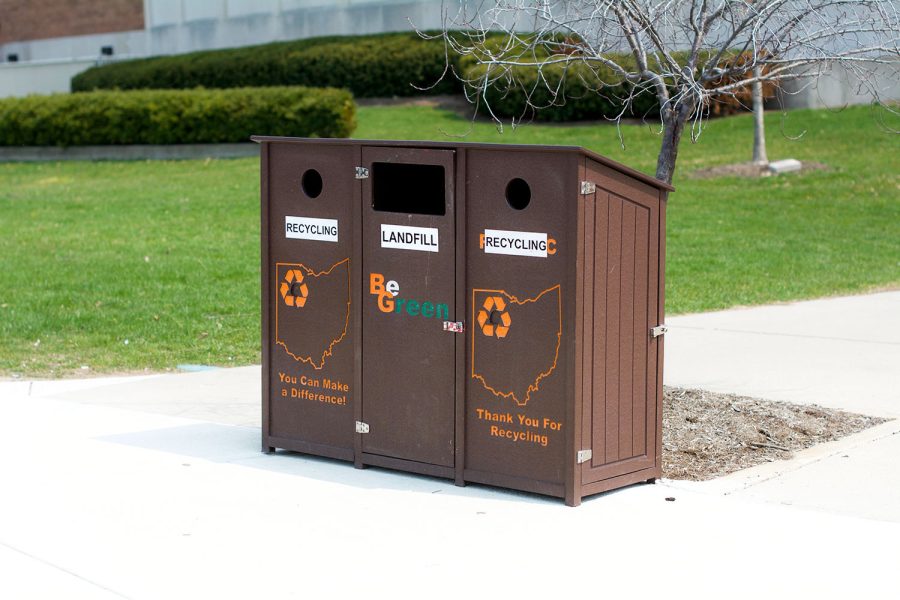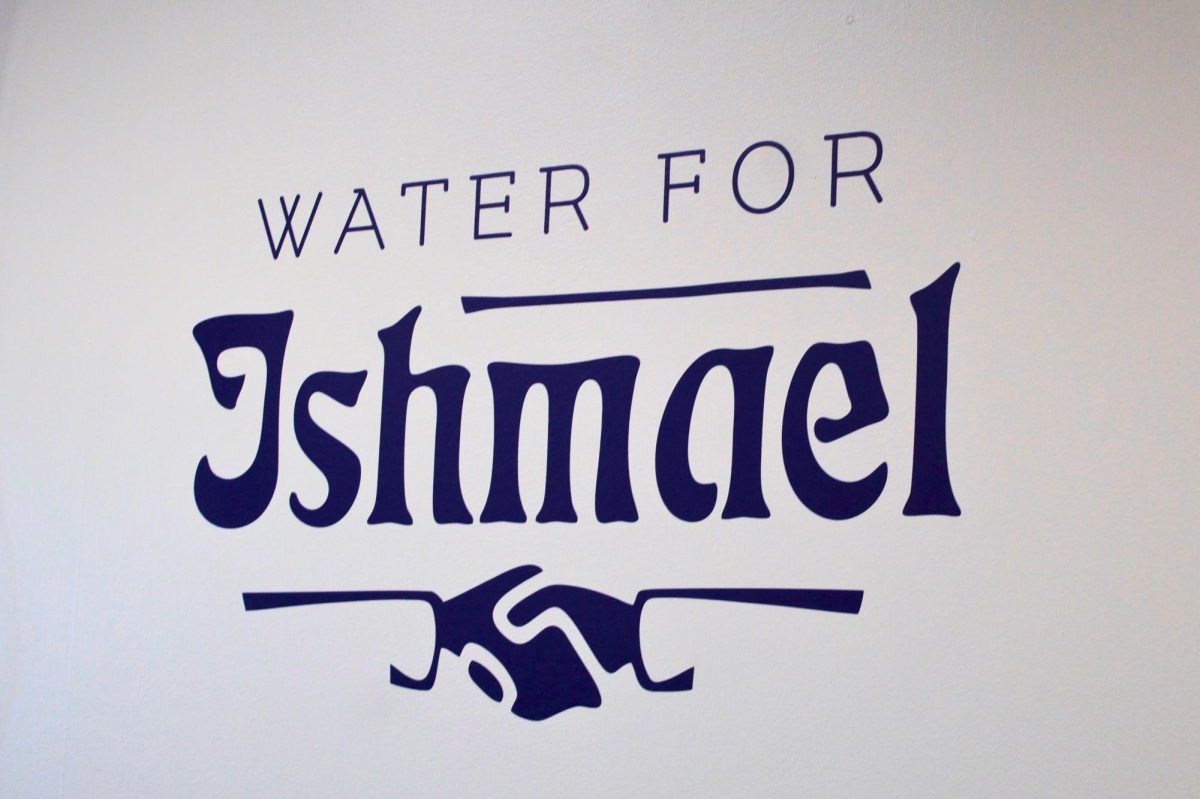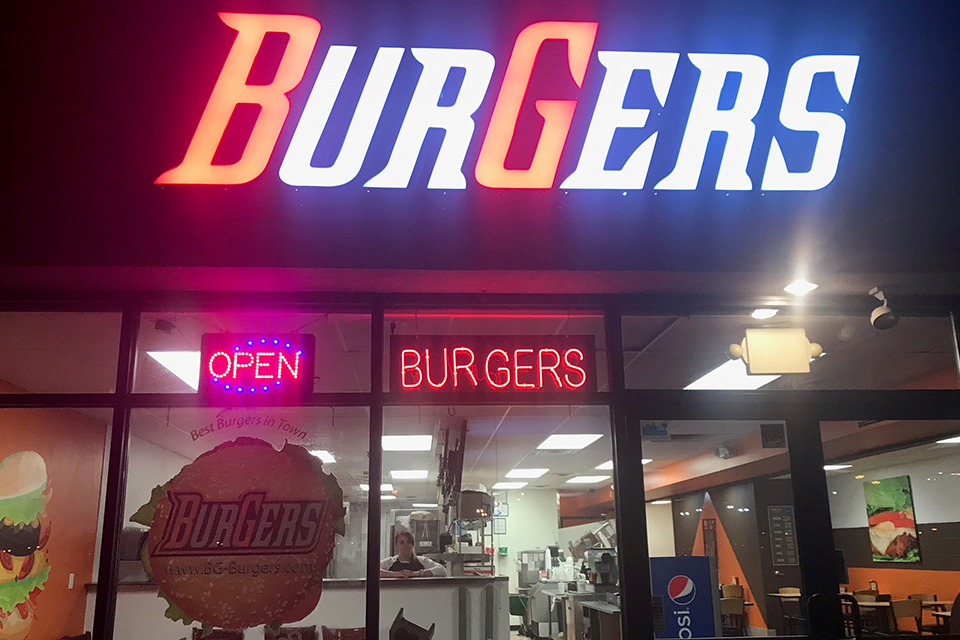The rise of the electronic cigarette market has been quick, with the industry on pace to hit a record $1.7 billion in sales this year, up from $20 million in 2008.
Electronic cigarettes, or e-cigarettes, have become popular due to their different flavors of tobacco and the sleek design of the product.
“E-cigarettes are battery-operated products designed to deliver nicotine, flavor and other chemicals,” according to the U.S. Food and Drug Administration’s website.
Due to the lack of regulations with e-cigarettes, advertising has helped tremendously with the surge of the product.
E-cigarette companies are allowed to advertise on television and radio, unlike traditional cigarettes which were banned from these mediums in 1970 by the Public Health Cigarette Smoking Act, signed into law by President Richard Nixon. Many have turned to smoking e-cigarettes as a supposed healthier alternative to smoking traditional cigarettes.
“I don’t really smoke, but my friends have them and I’ve tried them a little,” said junior Jason Rosensteel.
Because they are new, there is a lack of sufficient research and regulations for e-cigarettes, but people need to realize that any type of cigarettes or nicotine is going to be harmful, said Faith Yingling, director of Wellness for the University.
“As of right now, what is known about electronic cigarettes is they are a better alternative to traditional cigarettes if one is trying to quit and are trying to cut down on nicotine,” Yingling said. “But that is often not the case.”
In 2009, FDA spokeswoman Rita Chappelle spoke with National Public Radio [NPR] and addressed the concerns about e-cigarettes and their use.
“We are concerned about the potential for addiction and abuse of these products,” Chappelle said. “We don’t want the public to perceive them as a safer alternative to cigarettes.”
Hookah is another alternative to smoking cigarettes that many people think is safer, but that just isn’t the case, Yingling said.
“A single hookah session has 46.4 times the tar of a single cigarette,” Yingling said. “The bottom line is there are still dangerous chemicals and toxins entering the body.”
When it comes to possible healthier alternatives for smoking cigarettes, there really aren’t any, Yingling said. She suggests that the only alternative available is to fill the slot of smoking with some other type of activity.
“Whether it’s going on a walk or eating healthier … you just need something to fill that role in your life,” Yingling said.
Rosensteel agreed with Yingling’s take on smoking alternatives.
“Not smoking is what I would consider the best alternative,” Rosensteel said. “There are just more effective ways to use one’s time, whether it be studying or going and working out.”
The debate over e-cigarettes and their safety is a fierce one.
But with studies being done by organizations such as the American Cancer Society and the American Lung Association, it looks like the claims of “e-cigarettes being a safer alternative” by tobacco companies is one that’s soon to be dismissed.
“They will often smoke more in a lot of cases because they think they are still being healthier,” Yingling said. “People think it’s healthier for them, but the truth is they are still putting these harmful chemicals into their bodies.”



















